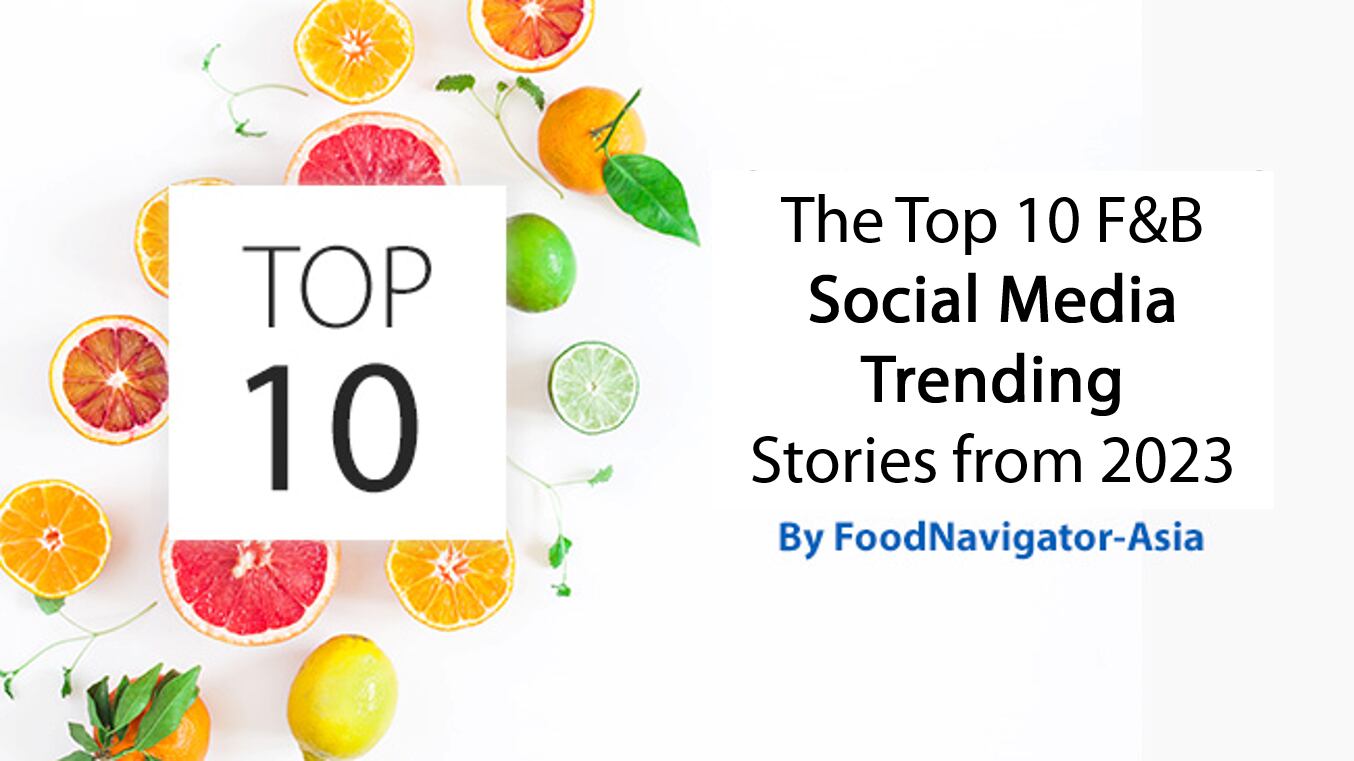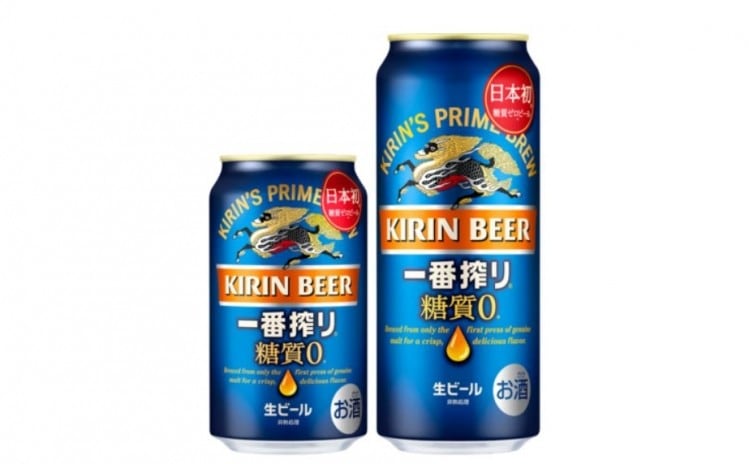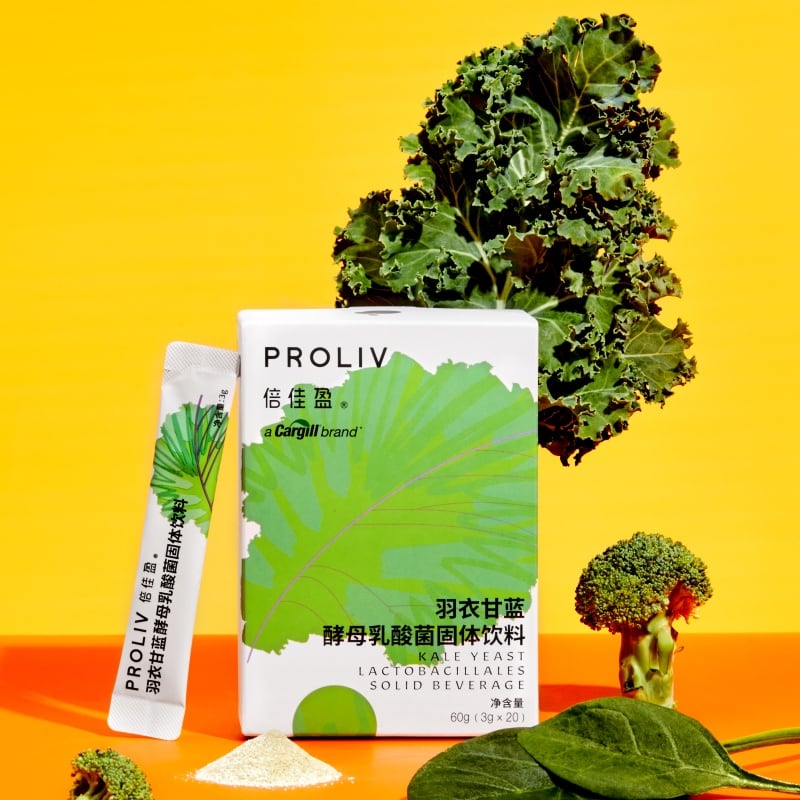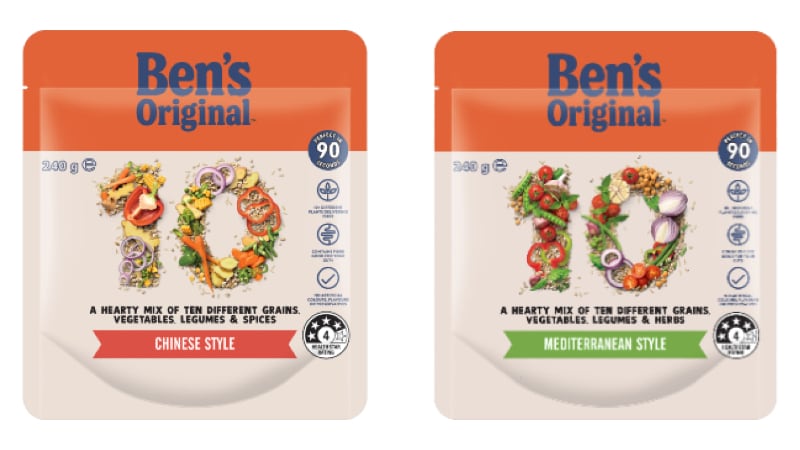Who will pay? APAC cocoa industry says EU Deforestation Regulation could create ‘two-tier market’
The cocoa and chocolates industry in Asia Pacific has expressed concern that the EU Deforestation Regulation could lead a two-tier market for cocoa beans, which could have far-ranging cost and pricing implications.
A lot of the debate and backlash to the EU’s controversial Deforestation Regulation (EUDR) has largely been voiced and led by the palm oil industry in Asian producer markets, but the policy will also have major impacts for commodities such as cocoa, coffee, rubber and many more.
While the EUDR may have sustainability and deforestation-free supply chains at the heart of its argument, industry stakeholders from beyond the palm oil sector are now avoicing concerns regarding potential impacts to the food and beverage industry.
“Asia is a notably large market both from a consumer and producer point of view, and a lot of cocoa produced in this region is being exported to markets like the United States and EU,” ofi Head of Cocoa Sustainability Andrew Brooks told the floor at a recent closed virtual webinar discussing the EUDR held by the Cocoa Association of Asia, which FoodNavigator-Asia attended.
More than a ‘glorified TV dinner’: Australia’s The Mad Foodies translates research into low-carb, high-protein RTE meals
Australia-based brand The Mad Foodies has highlighed aims to satiate growing demand for ready meals that are not only convenient and tasty, but also infused with science-backed nutritional benefits.
Years of extensive research by Commonwealth Scientific and Industrial Research Organisation (CSIRO), Australia’s national science agency, has led to the development of the CSIRO Low-Carb Diet, an evidence-based eating plan that is lower in carbohydrates, and higher in protein and healthy fats.
The findings were published in a book series that serve as a self-guide — including a range of recipes and meal suggestions — for consumers to learn how to implement the Low-Carb Diet in their daily lives.
“While the CSIRO Low-Carb Diet has been clinically proven to be highly effective in sustaining long-term weight loss and blood glucose control, there remained a gap in the market for those wanting a healthy eating option without having to cook from scratch,” Xenia Cleanthous, senior experimental scientist and project lead for the CSIRO Pre-prepared Meals Programme, told FoodNavigator-Asia.
Curcumin, vitamin D, fish oil shown to prevent progression to diabetes in pre-diabetics – Thailand trial
The supplementation of curcumin, vitamin D, and fish oil together was shown to reduce the progression to diabetes in pre-diabetic individuals, according to the findings of a 24-week trial conducted in Thailand.
Curcumin is well-known for its anti-inflammatory and antioxidant properties, as well as improving insulin resistance and delay the development of type II diabetes. Similarly, fish oil, with its anti-inflammatory properties, has been studied for its effects in reducing the risk of diabetes whereas low levels of vitamin D level have been associated with increased blood glucose levels.
Researchers from Mahidol University and Rajavithi Hospital said earlier this year that the three functional ingredients together have been shown to reduce the worsening of blood sugar levels in pre-diabetics.
Analysis showed that the progression of glycaemic status was significantly different between the three groups by the end of the trial, with it being the lowest in the group taking curcumin, fish oil, and vitamin D.
Australia’s All G Foods scales up for debut of precision fermented proteins in Singapore by end-2024
Sydney-based precision fermentation firm All G Foods has doubled down on R&D and consumer insights research to complete its first finished product, also setting sights on the APAC, Middle East and US markets.
With the world’s population projected to reach nearly 10bn by 2050, the planet “simply does not have the resources” to provide food for all its human inhabitants, said Roman Buckow, Chief Technology Officer of All G Foods.
“We saw an opportunity to take the best that nature has to offer — in terms of cow’s protein — and complement it with science and cutting-edge technology to develop cultured dairy proteins via precision fermentation. The goal is to bring high-quality and tasty Australian-made dairy products to local and global consumers,” Buckow told FoodNavigator-Asia.
Mondelez snacking insights: Brand familiarity and indulgence crucial drivers for AMEA industry growth
Snacking giant Mondelez International has said that the familiarity of brands as well as consumer demand for indulgence in their daily diets are key drivers for snack market growth in the AMEA region.
Mondelez released a version of its State of Snacking 2022 report findings specific to the Asia Pacific, Middle East and Africa (AMEA) region, which FoodNavigator-Asia has viewed, with several key insights focused on consumer purchasing behaviour in this region.
One of its key findings was that brand familiarity is incredibly important to AMEA consumers, with many willing to put in extra effort to gain access to favourite, familiar snacks.
“We found that 75% of consumers in this region would rather buy fewer of their favourite snack brand than buy a generic alternative, even if it is less expensive,” Mondelez EVP and AMEA President Maurizio Brusadelli told FoodNavigator-Asia.
On the churn: Singaporean cultured butter start-up sees growth potential by capitalising on Asian flavours
Higher purchasing power and heightened awareness of conscious consumption mean there is considerable scope to grow the artisanal butter market in Singapore, a start-up that is innovating with a range of Asian flavours has said.
Having experienced “farm-to-table” first-hand on a trip to Tasmania and noticing a gap in the Singaporean market for locally made artisanal products, a cultured butter business Atas Butter was started as a home-based business, then moved into its own premises to cater for increasing orders.
“We are seeing a changing customer base. People really care more about the stories and the narrative on the source of their foods. And I think they are happy to pay a premium for that experience,” Daryl Yeo, Founder of Atas Butter, told FoodNavigator-Asia.
From tumour risk to microbiome harm: FAO and WHO debunk four cell-based meat misconceptions
The FAO and WHO debunked four key misconceptions and concerns earlier this year surrounding cell-based meat, spanning tumour risk to a negative impact on the microbiome.
In a report featuring insights from regulators, researchers, and industry experts, it assessed the key food safety considerations of cell-based innovations and strategies to improve consumer understanding of the category.
Part of this involved commentating on several concerns that had been garnering significant media attention:
“Given the attention they have received, these concerns have been considered by the Technical Panel, even if it was not possible to describe a sequence of events consistent with the current understanding of relevant science that could result in harm to consumers,” the report explained.
Hybrid animal-plant products could shape the future of plant-based sector – v2food
Australian plant-based producer v2food has said that consumers should not discredit the entire category based on a single negative experience, stressing it is still relatively young especially when compared to the traditional protein sector.
Backed by CSIRO’s research and expertise, v2food is a major player in Australia’s plant-based industry that is projected to be worth over AUD 6bn (USD 4bn) by 2030.
While the firm believes there is a trend towards reducing or eliminating animal proteins altogether, it expects the majority of consumers to eat plant-based options as a complement to their existing diets.
“v2food is a plant-based alternative for anyone who loves the taste of meat, and people of all dietary preferences can enjoy our products as part of the diet that is right for them.
“As consumer preferences and awareness continue to evolve, the industry is likely to witness increased demand for a variety of plant-based products, in addition to opportunities for innovative solutions, such as hybrid animal-plant products and cultured meat, to further shape the future of the sector,” Chris Coburn, Sales Director (Asia) of v2food, told FoodNavigator-Asia.
Minimise MSG use: Researchers urge caution amid fears of metabolic health impact
The use of MSG as a flavouring agent should be reduced, according to researchers who have also emphasised the need for further research into the long-term biochemical effects of human consumption.
MSG is a naturally occurring non-essential amino acid found in various foods such as meats, seaweed, anchovies, mollusks, tomatoes, cheeses, vegetables, and shellfish. While many foods naturally contain MSG, its consumption becomes problematic when added in larger amounts to industrially processed food products.
The global demand for MSG has exceeded three million metric tons, with a market value surpassing $4.5 billion. Asia, especially China, dominates both consumption and production, accounting for over three-quarters of the world's MSG consumption.
Annual global demand saw an almost four percent increase before 2020, and future projections point to a surge in demand, particularly in Thailand, Indonesia, Vietnam, and China, with subsequent increases expected in Brazil and Nigeria.
Palm oil trade war? South East Asia gears up to fight back against EU deforestation regulation
Major South East Asian palm oil producer countries geared up earlier this year to retaliate against the European Union’s controversial deforestation regulation, with the situation rapidly devolving to the point that a trade war could be on the horizon.
The European Union (EU) parliament approved its long-debated deforestation regulation last year, and has not budged on its position despite long-time opposition from many producer countries worldwide, especially palm oil producing nations such as Malaysia and Indonesia in the ASEAN region.
Most prominently, the governments of both nations mentioned considering simply cutting off palm oil trade with the EU, given its strong negativity to the commodity.
“[One] option will be to stop exporting to Europe, and focus on other countries, if they keep making it difficult for us,” Malaysian Minister of Plantation and Commodities and Deputy Prime Minister Datuk Seri Fadillah Yusof told the floor at a recent palm oil event.





